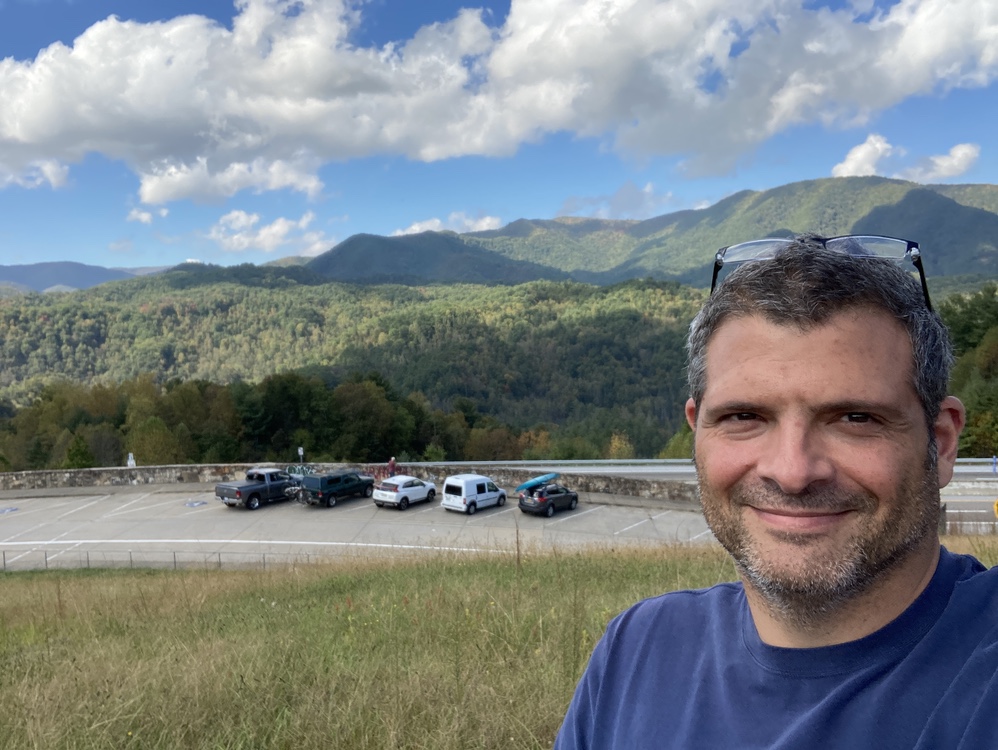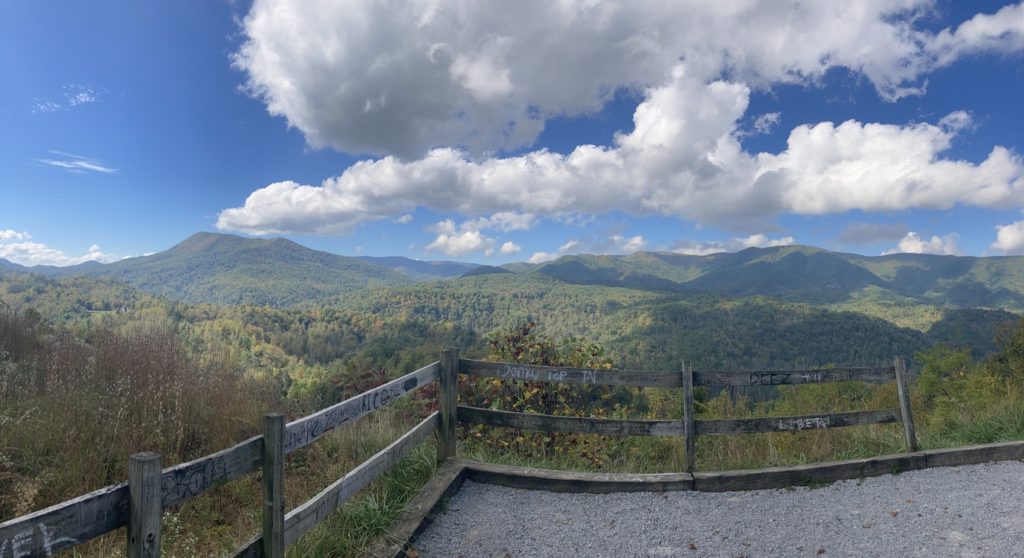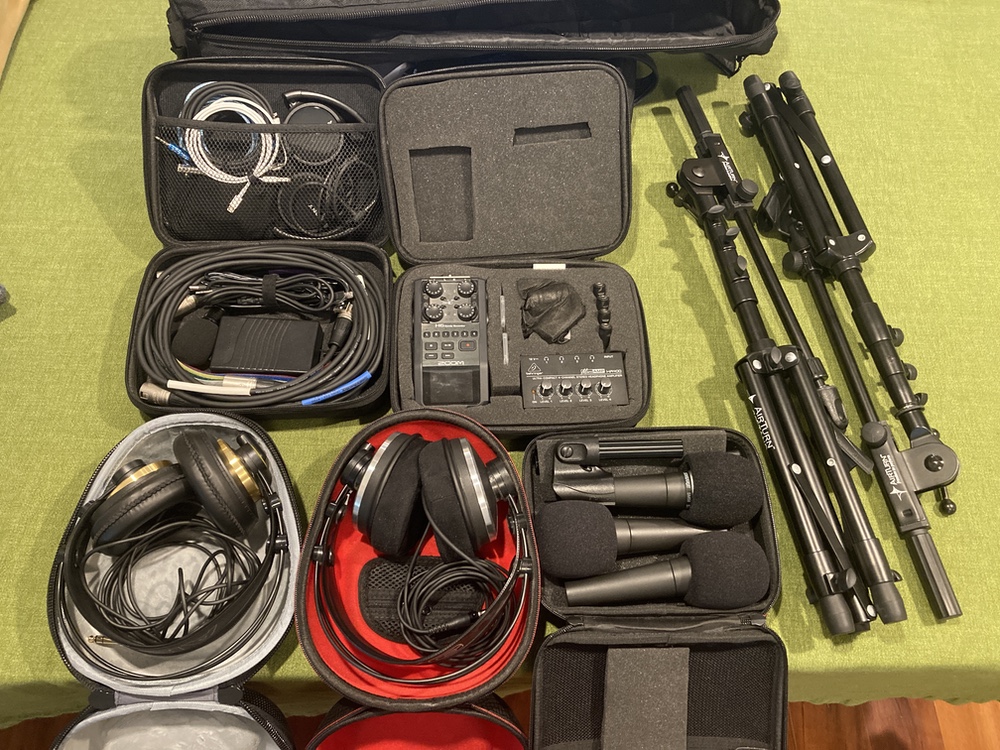I want to be really clear that this post is not me passive-aggressively asking you, Dear Reader, for money. This is a post about asking people for money.
Lately I’ve been trying to focus more on finding additional bits of funding for some of my projects. The obvious idea—and a suggestion I often get—is to directly ask people. Yes, ask them politely, appeal to their good nature, be clear, and don’t bury the ask. But it’s still straight-up asking: “Hey can you give me some money?” I’ve always resisted doing that, but I’ve never been able to express why I’ve been resisting. Until today.
Here are some reasons why I think it’s not appropriate to ask. I’m not claiming these are the only reasons not to ask. I’m also not claiming there are no reasons to ask. All I’m doing here is teasing out a few strands from the knot that is my muddled understanding of what’s going on with my resistance to saying, “can you give me some money?”
First, a lot of what I do—in fact, all the stuff that I do for which I’ve recently been trying to find some funding—is put out free for the taking or use. These are all things people can read, listen to, or use without my having said up front, “here’s a price tag.” That means I’m being passive-aggressive about asking for that money afterwards. I made a thing. They used the thing. Then I said, “can you give me some money?” while I’m making a little pouting face implying they really should pay me for that thing. When in fact, the whole situation didn’t look like a transaction when they started considering that thing I made. Transactions are fine, and money and accounting are fine. But my trying to change, (or even appearing to try,) the nature of the interaction afterwards is not fine.
Second, many people don’t have spare cash burning a hole in their pocket, and most people don’t value the thing I made. (They were on board when I said “here, it’s free,” but they’d have walked by, disinterested if I’d put a price tag on it.) I’m not being whiny here, just stating facts. We’ve all walked through markets and felt the prices were fair, but we don’t buy things simply because the price is right. So a lot of people are going to be on the “no” side when I ask. And every one of those people now has to either ghost me, (say “no” via ignoring my request,) or they have to actually say “no”. (And forcing people into that awkward situation is actually a sale tactic!) All of which is to say: I believe too many people are going to feel awkward about it when I ask. Well, that’s a second thing that I don’t like—I don’t need to be making anyone feel awkward.
Side trip about lovers’ triangles: If I have to get a 3rd party to pay me, so I can give this thing to you for free, that’s always going to be me exploiting you. What does that advertiser want? At best they just want your attention, (but it can be much worse.) In essence, I’m turning you into the product. Ick! So to me, advertising is never the right answer.
What does work? I’m not certain. Recall I started by saying this post is just me picking out a few threads. What I’m trying these days is to have clear asks that are visible from the start. Rather than shuffling up to someone later, with my hat in hand, to ask for some money. I’m trying to be sure that everyone’s aware, from the start, of how things work. I’m trying to deploy earlier, more messaging like, “this project is made possible by a few generous patrons,” and “please support my work so I can do more of it.” Then the magic that I bring to the table is: How much can I accomplish with the resources I’m given?
ɕ







